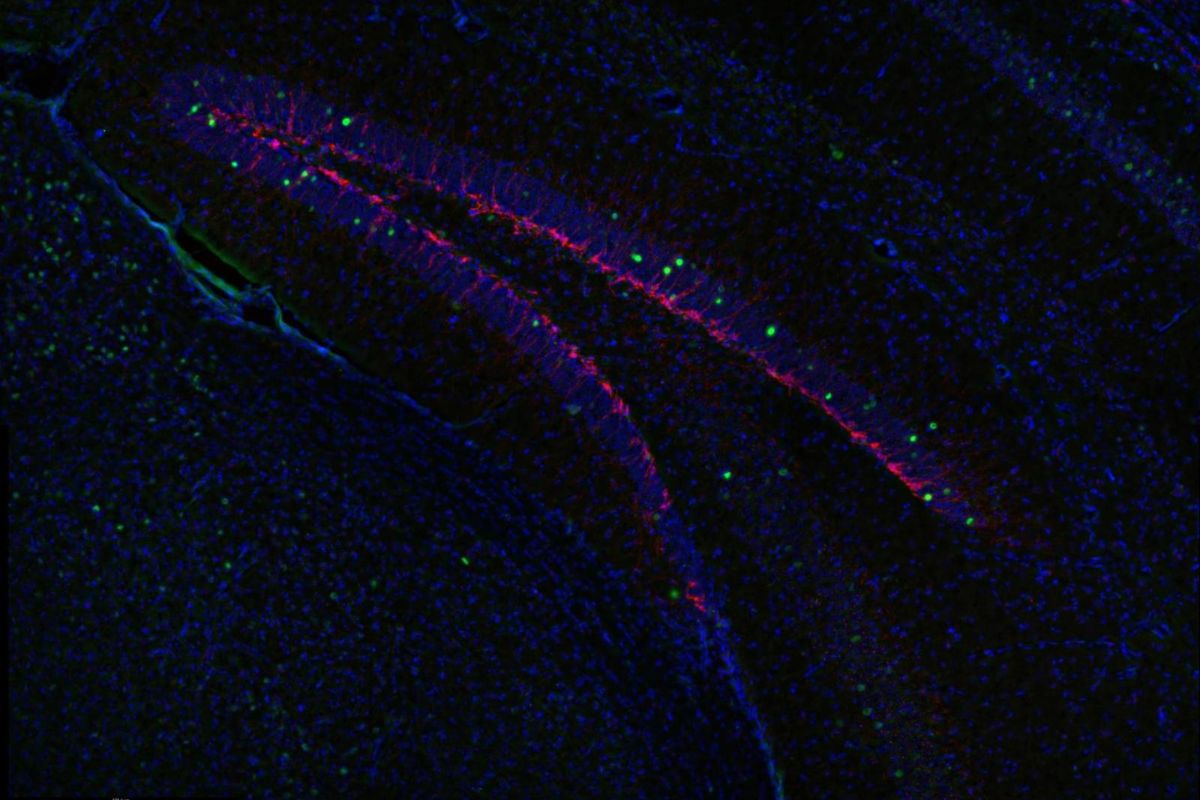In this week’s Mind Reader, we report on a bevy of clozapine research, a promising Esmethadone case study, and let our readers take it from there.
Is Clozapine Linked to a Higher Risk of Hematologic Malignancies?
Doctors normally hold onto clozapine prescriptions for the tough cases that resist standard treatment. That’s because clozapine, the most effective atypical schizophrenia antipsychotic, because of the serious side effects it brings with it. Those can include weight gain, sedation, myocarditis, and even agranulocytosis.
Recent studies have painted an even bleaker picture, hinting at higher threats of hematologic malignancies, such as lymphomas, leukemias, and myelomas. One major study – using a Finnish national cohort – found a dose-dependent relationship between clozapine and hematologic malignancies, with an odds ratio of 2.11 compared to other antipsychotics.
Further analyses, led by the World Health Organization, backed up those findings. The follow-up investigation highlighted a much higher incidence reporting of those malignancies with clozapine use.
More recently, a case-control study – working off of data from the U.S. Veterans Health Administration – aimed to replicate these findings. This study included 2,306 cases of schizophrenia with hematologic malignancy and 23,043 matched controls without malignancies. The study found that any clozapine exposure was associated with a 1.31 increased odds of hematologic malignancy, with a stronger risk seen with cumulative exposures of 3,000-4,999 defined daily doses (DDD) or ≥5,000 DDD, and with clozapine use for five or more years.
Despite the increasingly obvious connection, the absolute risk of hematologic malignancies from clozapine remains relatively low compared to the overall mortality reduction in schizophrenia patients receiving clozapine.
This research suggests that doctors should continue clozapine treatment based on its substantial benefits. But they also must routinely monitor patients, especially long-term, to catch potential hematologic malignancies early. This approach balances the effective treatment of schizophrenia with the careful management of associated risks.
IN OTHER PSYCHIATRY AND NEUROLOGY NEWS
- JCP published a case study that shows that esmethadone – at 25 mg and 50 mg doses – appeared to be more effective at reducing depression scale scores in patients who’d suffered a recent depressive episode.
- JCP’s Dr. Andrade talks about a pair of studies that examined the outcomes of gradual, individualized antipsychotic dose reduction and discontinuation in patients with psychosis.
- One reader writes in to discuss the use of fentanyl test strips as a harm reduction tactic to identify contaminated substances for recreational drug users.
- Primary Care Companion for CNS Disorders readers write in to share their thoughts on what clinicians should be aware of when caring for elderly patients with depression.
- Another PCC reader writes about exploring the possibility of repurposing antidepressants as a potential treatment for long COVID.



